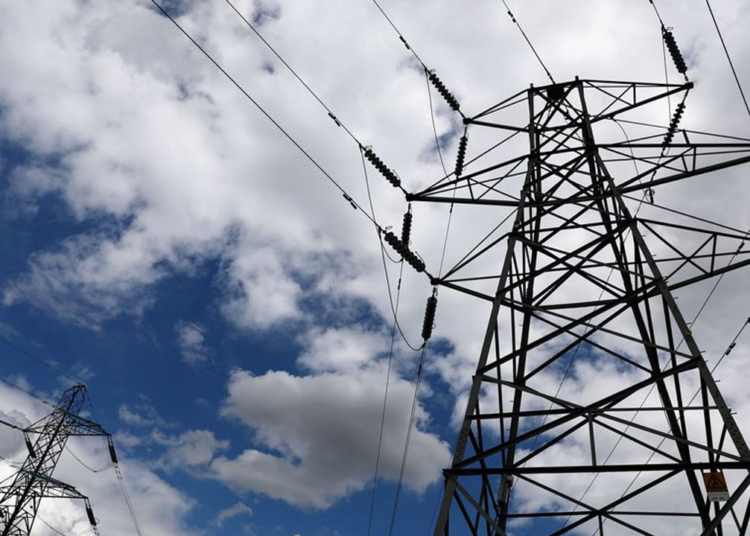The Federal Government has announced plans to increase electricity tariffs in the coming months, citing the need for a cost-reflective pricing model to attract private investment into the power sector.
Special Adviser to the President on Energy, Olu Verheijen, disclosed this at the Africa Heads of State Energy Summit in Dar es Salaam, Tanzania, where Nigeria presented a $32billion plan to expand electricity connections by 2030.
Verheijen emphasised that while tariffs would be adjusted to reflect actual costs, the government intends to cushion the impact on low-income earners through targeted subsidies.
“One of the key challenges we’re looking to resolve over the next few months is transitioning to a cost-efficient but cost-reflective tariff,” she stated. “So the sector generates revenue required to attract private capital, while also protecting the poor and vulnerable.”
The planned hike followed the federal government’s decision last year to approve a threefold increase in electricity tariffs for customers under the Band A classification.
LEADERSHIP reports that Nigeria’s electricity distribution companies (DisCos), burdened by mounting debts, have been pushing for cost-reflective tariffs to improve their financial standing and service delivery.






